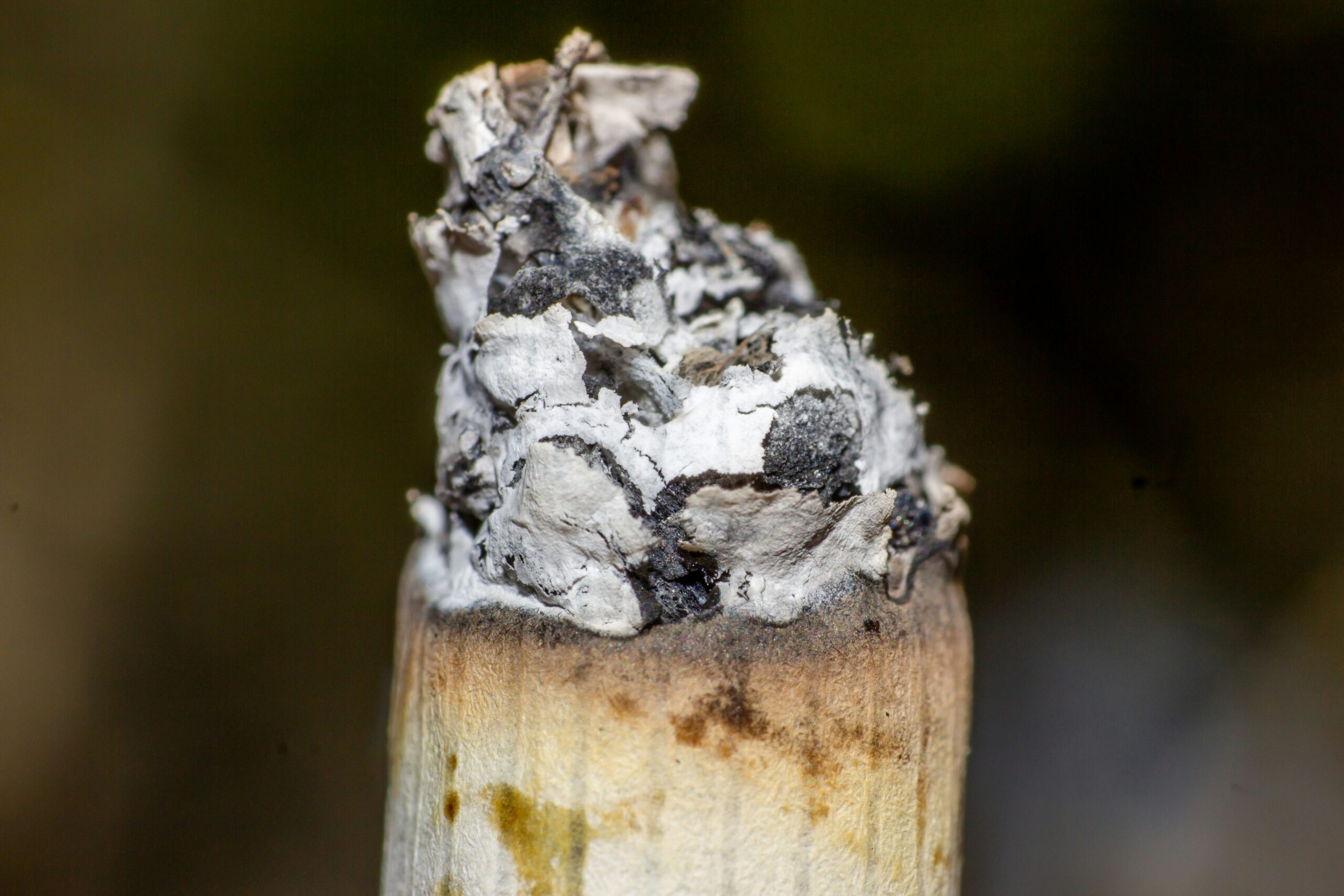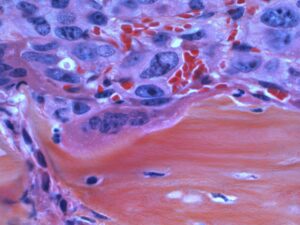Leading a healthy lifestyle can significantly reduce the risk of developing cancer. In this article, we’ll explore the top 10 lifestyle changes that can help lower your risk of cancer and promote overall well-being.
1. Quit Smoking and Avoid Tobacco Products:
– Smoking is the single largest preventable cause of cancer. Quitting smoking and avoiding tobacco products can greatly reduce your risk of developing lung, throat, mouth, and other cancers.
2. Maintain a Healthy Weight:
– Being overweight or obese increases the risk of several types of cancer, including breast, colorectal, pancreatic, and kidney cancer. Aim to achieve and maintain a healthy weight through a balanced diet and regular exercise.
3. Eat a Healthy Diet:
– Consume a diet rich in fruits, vegetables, whole grains, and lean proteins. Limit red and processed meats, as well as sugary and processed foods, which have been linked to an increased risk of cancer.
4. Be Physically Active:
– Engage in regular physical activity, aiming for at least 150 minutes of moderate-intensity exercise or 75 minutes of vigorous exercise per week. Physical activity can lower the risk of various cancers, including breast, colon, and endometrial cancer.
5. Limit Alcohol Consumption:
– Alcohol consumption is associated with an increased risk of several cancers, including breast, liver, and colorectal cancer. Limit alcohol intake to no more than one drink per day for women and two drinks per day for men.
6. Protect Yourself from the Sun:
– Limit exposure to ultraviolet (UV) radiation from the sun and tanning beds, which can cause skin cancer. Use sunscreen with a high SPF, wear protective clothing, and seek shade during peak sun hours.
7. Get Vaccinated:
– Certain viruses, such as human papillomavirus (HPV) and hepatitis B, can increase the risk of developing certain cancers. Vaccines are available to protect against these viruses and reduce cancer risk.
8. Practice Safe Sex:
– Practice safe sex to reduce the risk of sexually transmitted infections (STIs), including HPV, which can lead to cervical, anal, and other cancers. Use condoms consistently and get tested regularly for STIs.
9. Avoid Exposure to Carcinogens:
– Minimise exposure to carcinogens in the environment, such as asbestos, benzene, and radon gas. Follow safety guidelines at work and home to reduce exposure to harmful substances.
10. Stay Up-to-Date with Screening Tests:
– Regular screening tests can help detect cancer early when treatment is most effective. Follow recommended guidelines for screenings such as mammograms, Pap tests, colonoscopies, and skin exams.
By making these lifestyle changes, you can reduce your risk of cancer and improve your overall health and well-being. Incorporate these habits into your daily routine to promote a healthy lifestyle and lower your chances of developing cancer in the future. Remember, small changes can lead to significant benefits for your long-term health.
By cancer-research.org team.




